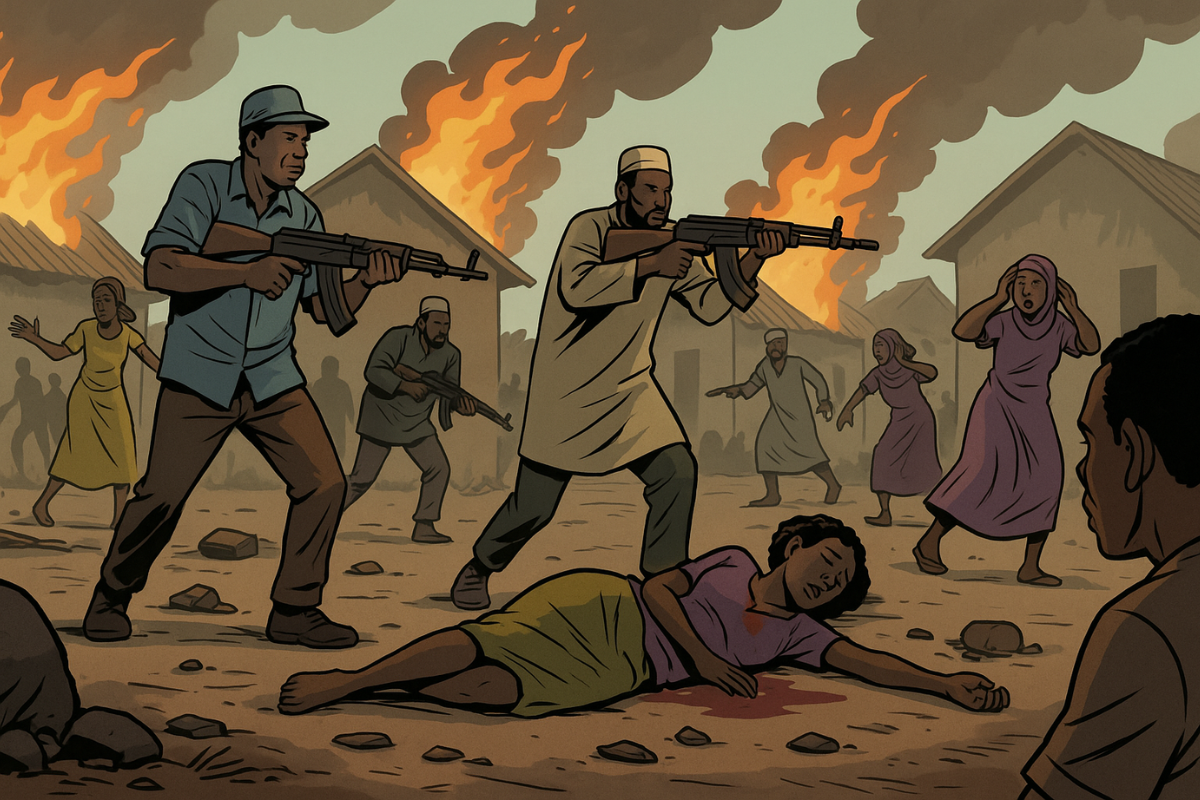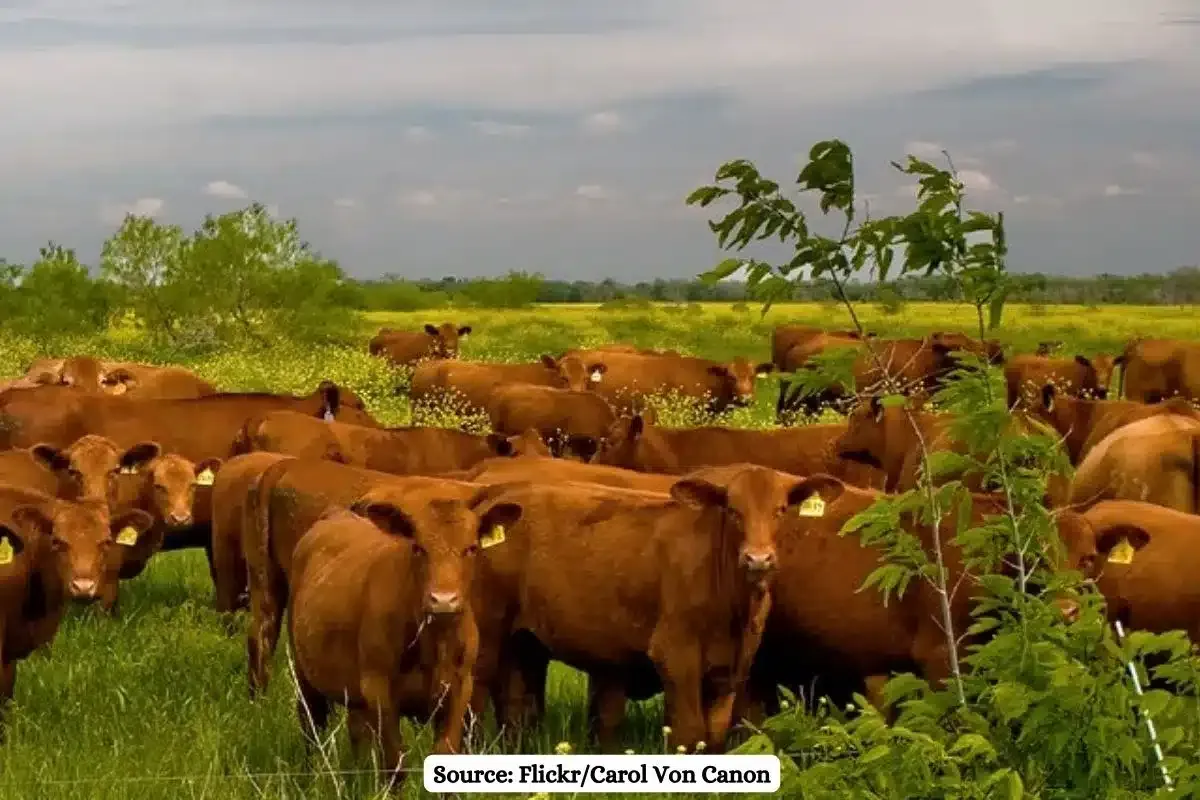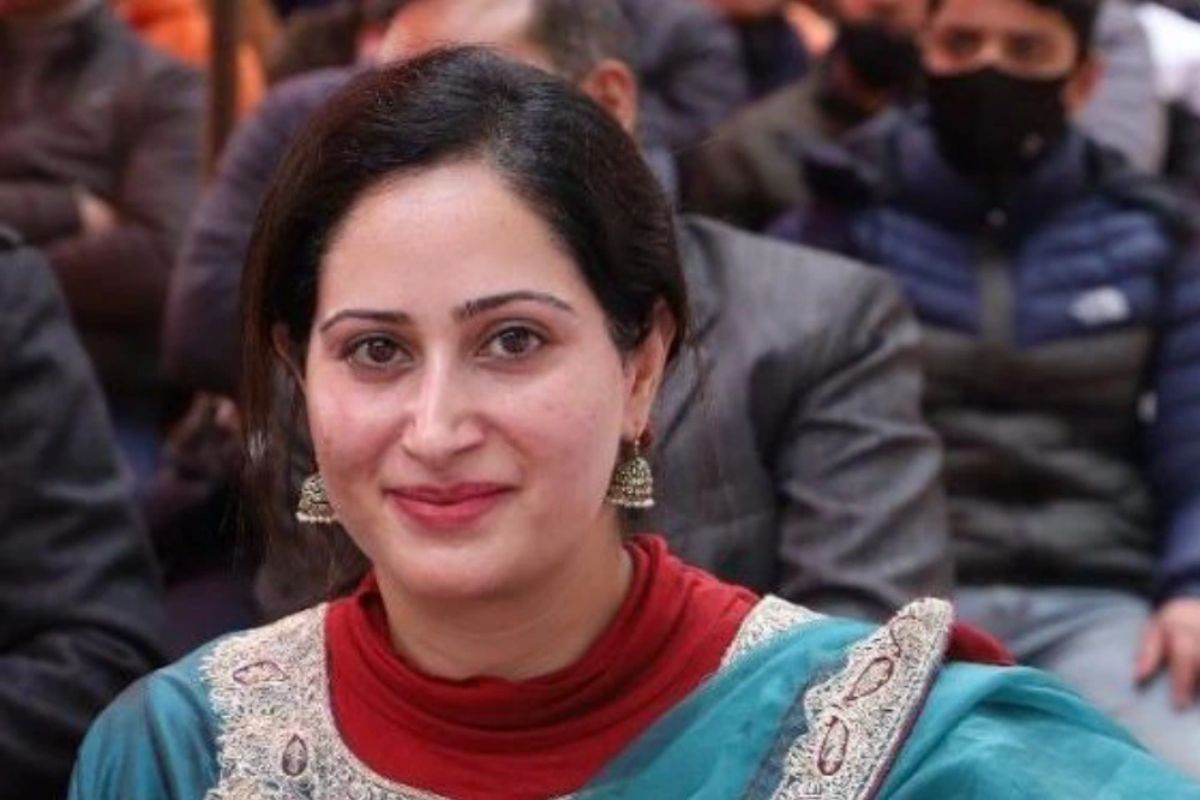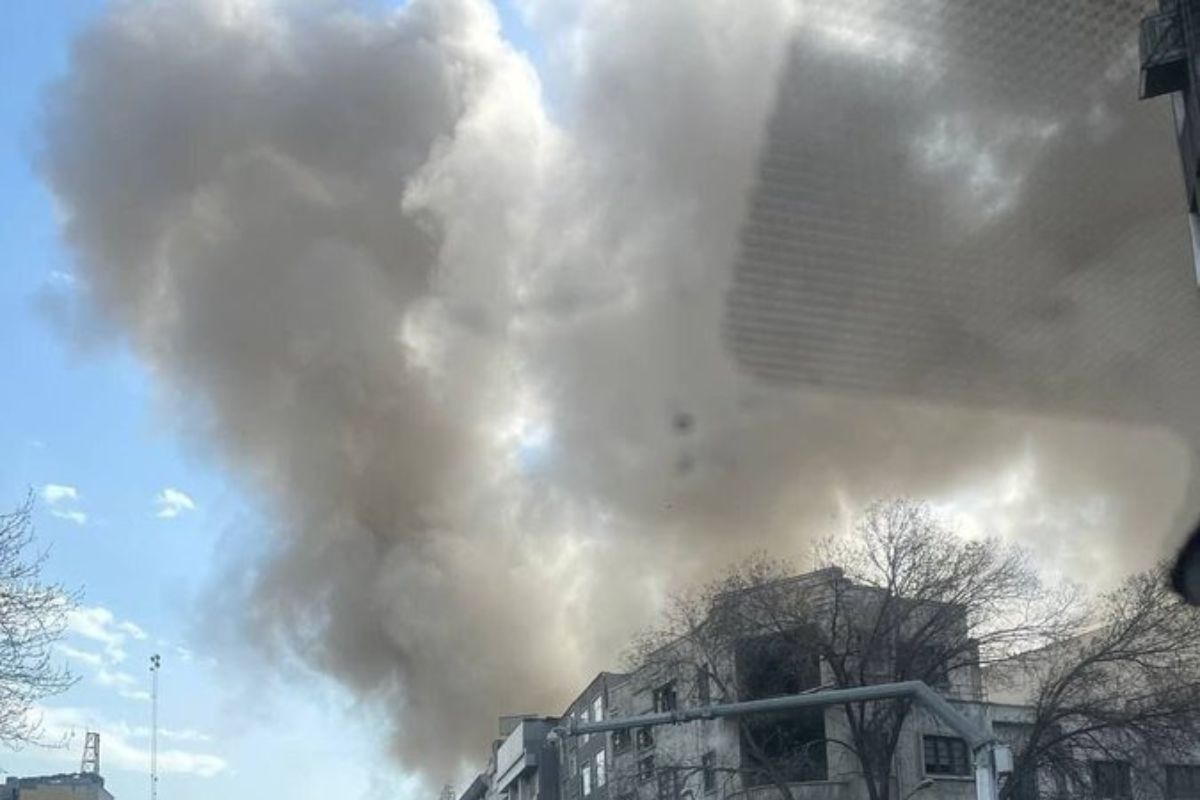At least 113 people were killed in the past two weeks in Benue State, Nigeria, in one of the deadliest attacks of 2024. The massacre occurred in the Ukum and Logo local government areas on Thursday night, stretching into Friday, as gunmen stormed villages and opened fire on unsuspecting residents. Homes were burned, and entire families were killed in their sleep.
Initially, the Benue State government confirmed 17 deaths. But after Governor Hyacinth Alia visited the affected communities, his spokesperson Solomon Iorpev updated the toll to 113, warning it may rise further as search and rescue operations continue. Survivors are still combing through scorched homes and farmland, hoping to find missing loved ones—alive or dead.
The Christian community is being massacred in Nigeria. This is a story that desperately needs more attention.
Our CEO Brian Orme appeared on @CBNNews to share how devastating and unthinkable it is to see what’s happening in the field to persecuted believers in Nigeria. pic.twitter.com/uOhGiPMDpi
— Global Christian Relief (@GC_Relief) April 22, 2025
Who is behind this massacre?
These attacks are part of a larger, longer-running crisis in Nigeria’s Middle Belt region—a volatile area where central Nigeria’s farmlands meet the savannas of the north, and where disputes between nomadic herders and sedentary farmers have turned increasingly violent.
The violence in Benue is part of a larger pattern of deadly clashes between nomadic herders and farming communities. These two groups have long fought over access to land and water. As Nigeria’s population grows and climate change reduces available farmland, tensions between herders and farmers have worsened. In Benue and other parts of the Middle Belt—a region between the mainly Muslim north and Christian south—this struggle has become a serious conflict.
Many of the herders in these areas are from the Fulani ethnic group, who are mostly Muslim. The farmers are mostly Christian. This difference in religion and ethnicity adds another layer of tension. Governor Alia blamed the latest killings on “suspected herdsmen,” a term often used to describe Fulani herders. But so far, no group has claimed responsibility for the attack.
History of violence
Similar violence happened earlier this month in neighbouring Plateau State, where more than 100 people were killed in two separate attacks. In that case too, the attackers were not officially identified, but the victims were mostly Christian farmers. Plateau State officials called the attacks part of a “genocide” and blamed “sponsored terrorists.” However, many people believe these claims distract from the real problems—such as land disputes, poor law enforcement, and lack of government presence in rural areas.
These deadly clashes have been happening for years. Since 2009, when the Islamist group Boko Haram started its violent campaign in the northeast, Nigeria has seen a steady rise in different kinds of violence. While Boko Haram and its offshoot ISWAP (Islamic State in West Africa Province) have focused on terror attacks in the north, central states like Benue, Plateau, and Kaduna have experienced a different kind of conflict—one based on land, identity, and survival.
According to the research group SBM Intelligence, since 2019 alone, over 500 people have been killed in central Nigeria due to these clashes. Nationwide, violence from insurgents, herders, and other armed groups has taken more than 50,000 lives since 2009. In addition, about 2.2 million people have been forced to leave their homes, many of them now living in makeshift camps without basic services.
Benue is especially important because it is known as the “Food Basket of the Nation.” It produces a large share of Nigeria’s grains and vegetables. But frequent attacks have made farming dangerous. Many farmers have stopped working their land out of fear, and some villages have been completely abandoned. At the same time, herders say they are also being attacked and pushed out of grazing areas, making it harder to feed their cattle.
The situation has become worse due to climate change, which is making farmlands drier and water sources scarcer. As people fight over shrinking resources, violence has become more common. Weak policing and slow government response have made it easy for attackers to strike without being caught or punished. Villages often defend themselves, which leads to reprisal attacks and a cycle of violence.
In response to the latest killings, Nigeria’s Defence Minister visited Plateau State and promised action. But many people in Benue are not hopeful. They say that government officials often visit after an attack, make promises, and then disappear until the next tragedy. Governor Alia has called on the federal government to take stronger action to stop the killings and protect the state’s farmland.
Local leaders and experts say the violence will not stop until the government addresses the root causes. These include unclear land rights, lack of justice, poor policing, and rising poverty. There are also calls for better conflict resolution systems, education programs, and job opportunities to reduce tensions between herders and farmers.
Right now, families in Benue are burying their dead and wondering when the next attack will happen. Many have lost everything—homes, farms, and loved ones. The survivors are calling for help, not just from the Nigerian government, but from the international community as well. They want peace, justice, and a chance to rebuild their lives.
The massacre in Benue is not just a local issue. It is part of a national crisis that continues to grow worse with each passing year. Without serious action, more villages may burn, and more innocent people may die.
Support us to keep independent environmental journalism alive in India.
Keep Reading
The costliest water from Narmada is putting a financial burden on Indore
Indore’s Ramsar site Sirpur has an STP constructed almost on the lake
Indore Reviving Historic Lakes to Combat Water Crisis, Hurdles Remain
Indore’s residential society saves Rs 5 lakh a month, through rainwater harvesting
Follow Ground Report on X, Instagram and Facebook for environmental and underreported stories from the margins. Give us feedback on our email id greport2018@gmail.com.
Don’t forget to Subscribe to our weekly newsletter, Join our community on WhatsApp, and Follow our YouTube Channel for video stories.









